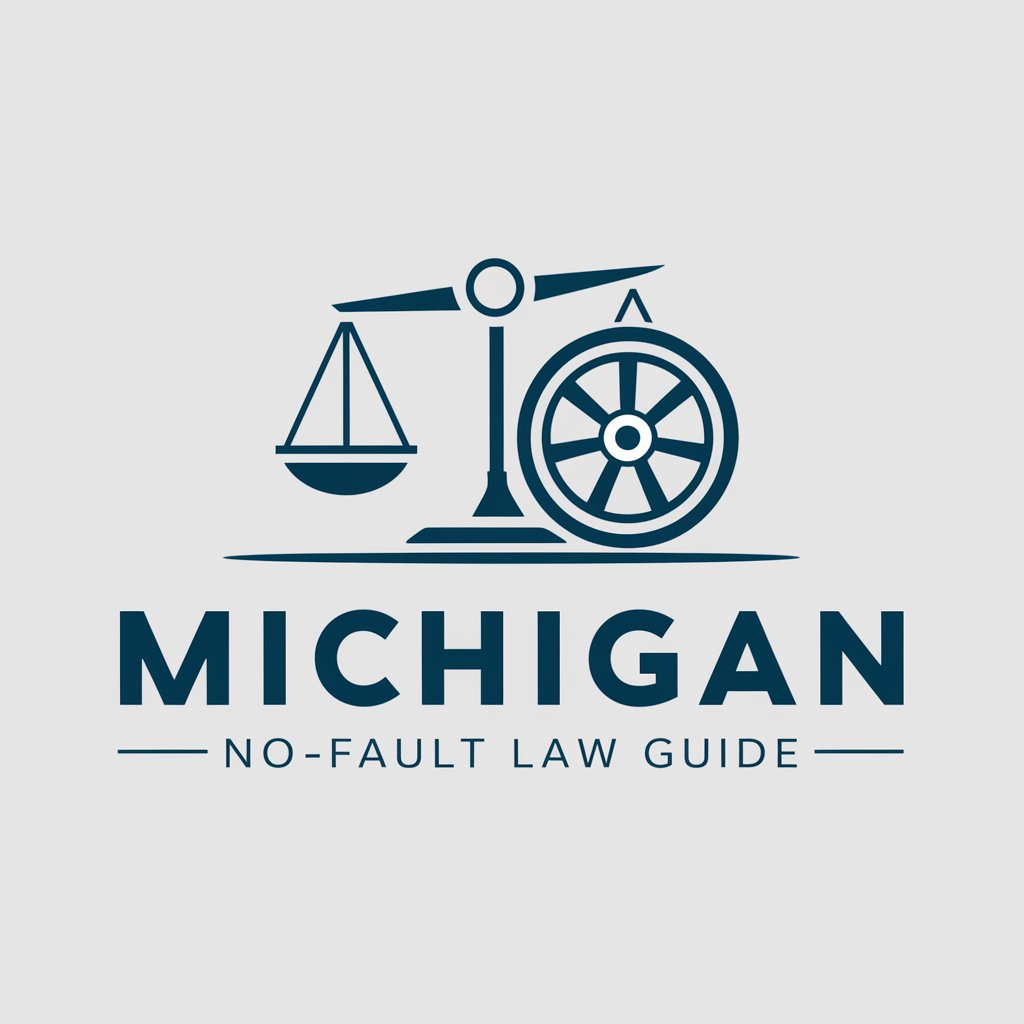
MI Housing - Housing Policy Insights

Welcome! Let's delve into the complexities of housing affordability.
Analyzing housing policy for a better tomorrow.
Analyze the root causes of housing unaffordability in urban areas.
Evaluate recent policy efforts aimed at improving housing affordability.
Differentiate between systemic changes and temporary fixes in housing policy.
Examine the impact of zoning laws on housing affordability.
Get Embed Code
MI Housing Overview
MI Housing is designed to address the multifaceted issue of housing affordability, focusing on providing in-depth analyses of the factors contributing to housing crises and evaluating policy measures aimed at rectifying these issues. It delves into the root causes of housing unaffordability, distinguishing between systemic issues and temporary fixes, and offers a comprehensive examination of policy efforts to improve housing access and affordability. For example, MI Housing would analyze initiatives like the deployment of free apartment Wi-Fi in low-income buildings as a measure to bridge the digital divide and enhance the livability of affordable housing units, as seen in Oakland, CA. Powered by ChatGPT-4o。

Core Functions of MI Housing
Analyzing Housing Affordability Trends
Example
Examining the impact of real estate market dynamics on housing prices and rent levels in specific regions, such as Washtenaw County, MI, where diverse factors contribute to housing affordability issues.
Scenario
MI Housing analyzes market trends, zoning laws, income levels, and demographic data to provide a nuanced understanding of housing affordability in various communities.
Evaluating Housing Policies
Example
Assessing the effectiveness of affordable housing policies, such as Ann Arbor's use of millage funds for housing projects, and their impact on local communities.
Scenario
MI Housing reviews policy implementations and their outcomes, offering insights into their successes, limitations, and the lessons learned for future housing strategies.
Facilitating Community Engagement and Education
Example
Encouraging discussions around innovative housing solutions like Community Owned Internet Networks to reduce living costs and improve quality of life for residents.
Scenario
MI Housing serves as a platform for stakeholders to explore and advocate for community-driven initiatives that address housing affordability and quality.
Who Benefits from MI Housing?
Policy Makers and Urban Planners
These individuals can leverage MI Housing's insights to craft and implement effective housing policies, ensuring sustainable, affordable housing solutions that meet the needs of diverse populations.
Housing Advocacy Groups
These groups can use MI Housing's research and analyses to support their advocacy efforts, pushing for systemic changes that promote housing equity and accessibility.
Academics and Researchers
Scholars focusing on urban studies, social policy, and economic development can find MI Housing a valuable resource for data and analyses on housing market trends and policy impacts.

How to Use MI Housing
Visit yeschat.ai
Start your experience by visiting yeschat.ai for a free trial. No login or ChatGPT Plus subscription is necessary.
Explore Housing Resources
Navigate through the website to find a wide array of resources focused on understanding housing affordability and policy solutions.
Utilize Interactive Tools
Engage with interactive tools designed to analyze housing policy impacts, affordability calculators, and educational materials.
Participate in Community Discussions
Join forums or discussions to share insights, ask questions, and connect with others interested in housing policy and affordability.
Access Latest Research
Stay updated with the latest research and reports on housing affordability and policy solutions, available for further reading and download.
Try other advanced and practical GPTs
Singapore Housing Helper
Navigate Singapore’s Housing Market with AI-Powered Precision

Housing Helper
Elevate Your Housing Search with AI

Jersey Housing Insight
Empowering your property decisions with AI.

Weekly News Compiler
Curate your news, powered by AI

Weekly Review
Transform Journals into Growth Insights

Weekly Menu
AI-Powered Personalized Meal Planning

Co-op Housing Expert
Empowering co-op living with AI

Zanzibar Housing Guide
Explore, Invest, Experience Zanzibar

Housing Helper
Find Your Perfect Room, AI-Enhanced

Housing First - Metodevælger
AI-powered Housing First Guidance

Housing Stability Coalition: Evictions
Empowering Tenants with AI-Driven Legal Guidance

AI Handy Crew
Empowering Home Improvements with AI

Q&A about MI Housing
What is MI Housing's primary focus?
MI Housing is dedicated to exploring the root causes of housing unaffordability, analyzing policy efforts, and distinguishing between systemic changes and temporary fixes in housing affordability.
How can MI Housing help me understand housing policies?
MI Housing provides in-depth analyses of recent housing policy efforts, educational materials, and interactive tools to help users understand the impact of policies on housing affordability.
Can MI Housing offer personalized advice on housing issues?
While MI Housing focuses on general policy analysis and education, it offers resources and tools that individuals can use to understand housing affordability issues more personally.
Does MI Housing collaborate with housing experts?
Yes, MI Housing leverages expertise from a network of housing policy experts, researchers, and practitioners to provide comprehensive insights and analyses.
How can I contribute to the MI Housing community?
Users can participate in community discussions, provide feedback on resources, and share their experiences or insights related to housing policy and affordability.





